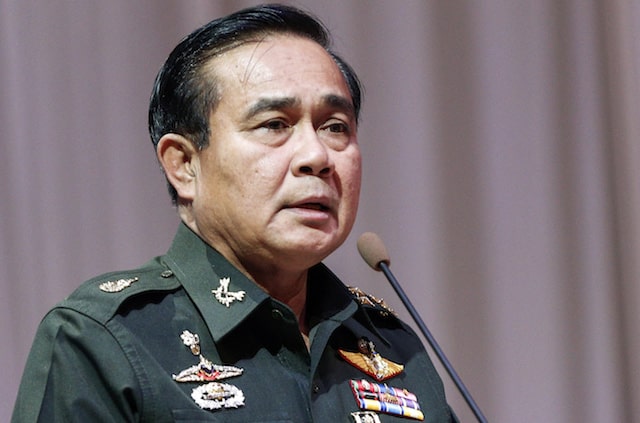NEWSMAKERS | THAILAND

When Thailand’s general Prayuth Chan-ocha seized power in a military coup in late May, he didn’t rely on the element of surprise. Months of political paralysis had made military intervention all but inevitable, for the 12th time since 1932. The question now is whether the general can jump-start Thailand’s stalled economy, while preventing the country’s seemingly endless political crisis from permanently scarring the investment environment.
The origins of the most recent coup date back to 2001, when Thaksin Shinawatra, a former police colonel and telecoms billionaire, was voted into power by the rural poor, which had for decades been largely ignored as a political force. Thaksin’s demagogic style and the success of his populist policies opened up deep divisions within Thai society. Rising political instability prompted the military in 2006 to oust Thaksin, who fled into exile and was sentenced in absentia to two years in prison for corruption.
Thaksin found his voice again with the election as prime minister in July 2011 of his younger sister, Yingluck. Suspicions that she was just a stand-in for Thaksin were confirmed when in November 2013, the parliament passed a measure that would allow for the amnesty and return of Thaksin. The so-called yellow shirts—Thailand’s politically active middle class—took to the streets, culminating in the junta’s stepping in to quell months of political dysfunction.
In Thailand concerns over the suspension of democracy are tempered by relief that the military government will be able to focus on substance rather than political theater. The big challenge will be arresting the downward trajectory of the Thai economy, which shrunk 0.6% in the first quarter of the year, compared with the same period in 2013.
Consumer confidence is at a 12-year low, and tourist arrivals—vital to Thailand’s economy—are down. The big risk is that foreign investors will grow weary of Thailand’s seemingly endless waves of political volatility and stay away for good.



